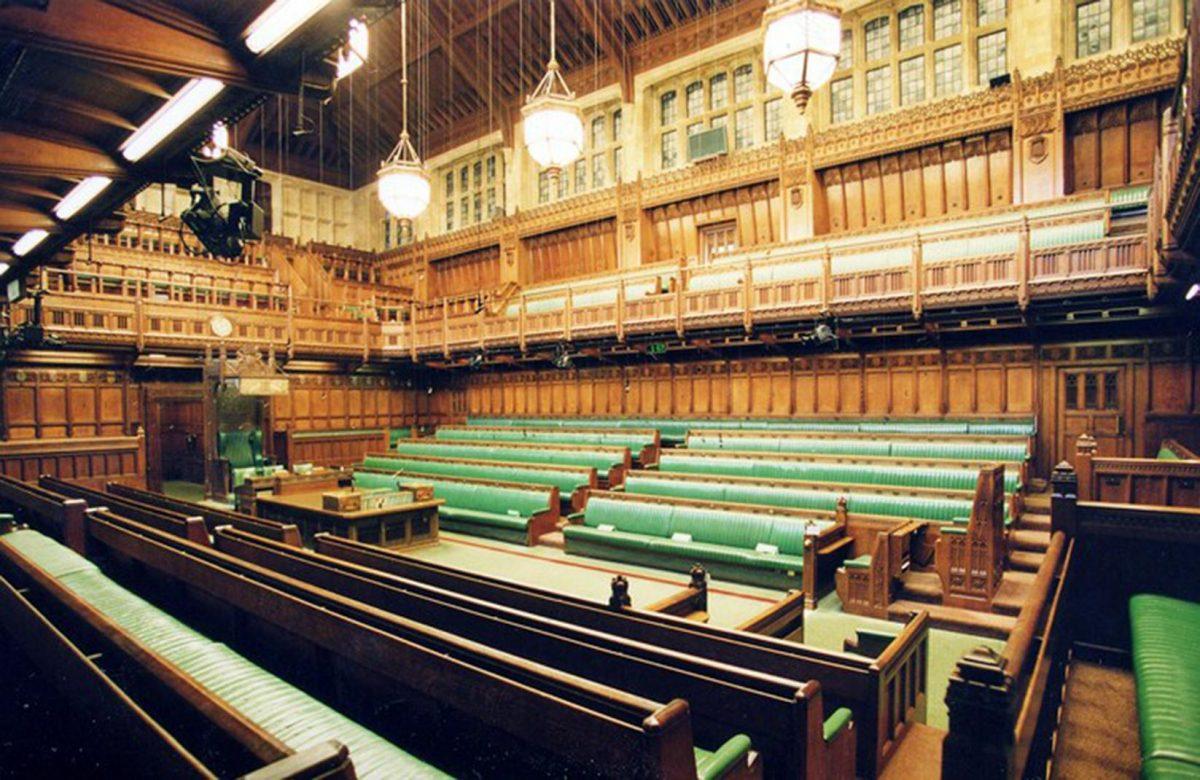From Baroness Pitkeathley

Carers should have the right to one week unpaid leave to help them stay in work
The Conservative Party Manifesto for the 2019 general election contained a pledge to introduce a right to one week’s unpaid leave for carers.
This has been seen as one of the major ways of supporting carers in the workplace to help them juggle work and care, so it is a major disappointment that this commitment was not included in the last Queen’s Speech.
The total number of working carers is now estimated to be 7.6 million. Pre-pandemic there were 4.8 million adults juggling work and unpaid care – one in seven of all workers. Since the crisis, it is estimated that nearly three million extra people are trying to combine paid work with their unpaid carer role. In November 2021, research by Carers UK found that 56 per cent of carers said that they needed unpaid leave and that many of them were at risk of reducing their working hours or giving up work altogether if they did not get it.

The contribution of unpaid carers far outweighs any formal care systems in health and social care
Why do we want to help carers stay in work? Well, clearly for financial reasons, but also because it helps them to maintain a life outside their caring role, so has a major psychological benefit. Moreover, it avoids them building up poverty for the future by maintaining income and pension rights which they otherwise lose.

There are also big benefits to employers and business; there is evidence that the impact of staff turnover, absence and stress as a result of juggling work and caring while unsupported could be costing UK businesses over £3.5 billion a year, so there are significant savings to be made by better supporting employees in this way. For example, Centrica has saved about £1.8 million per annum through applying care friendly policies in terms of preventing unplanned absences and a further £1.3 million per year in retention savings.


